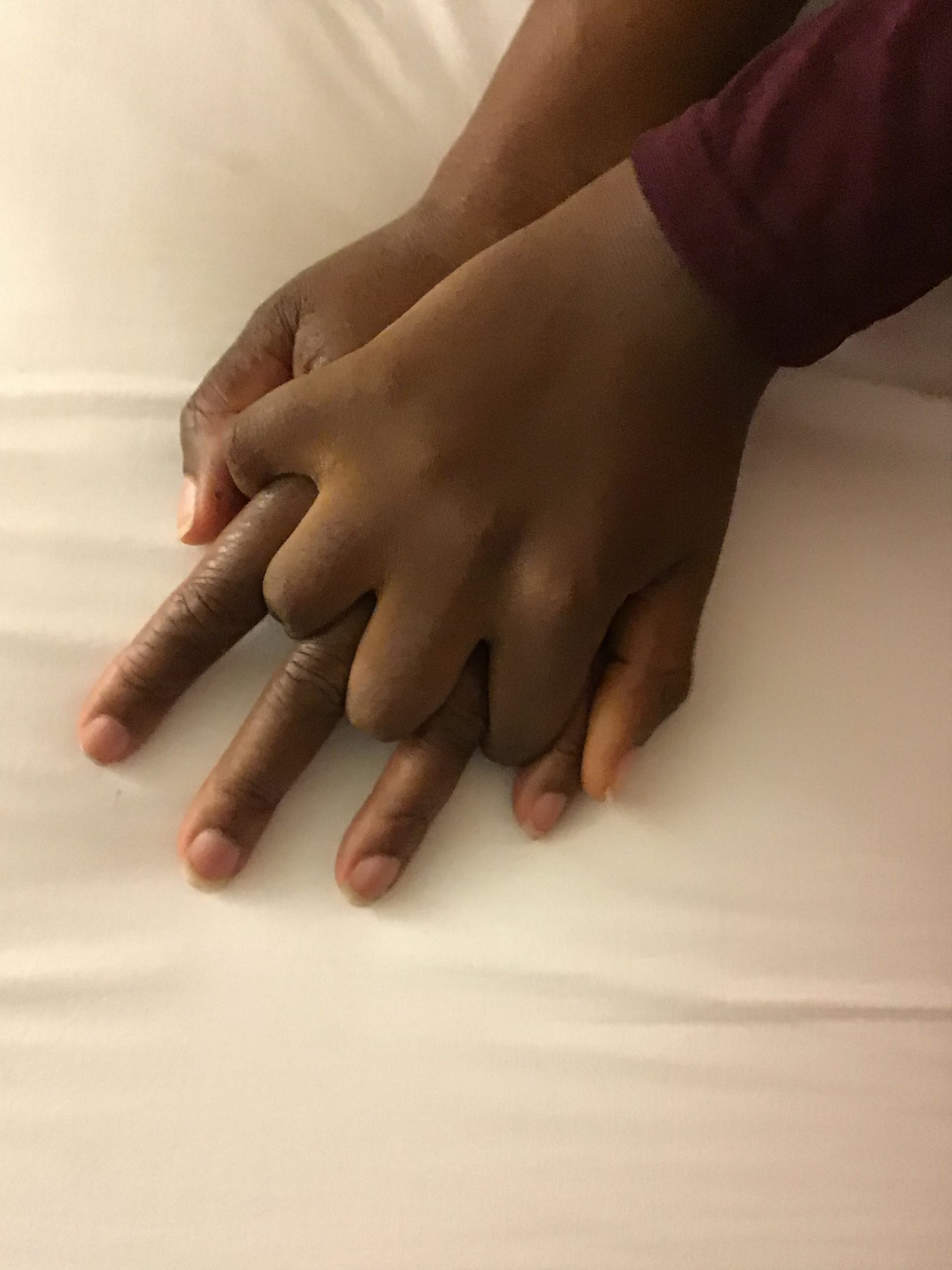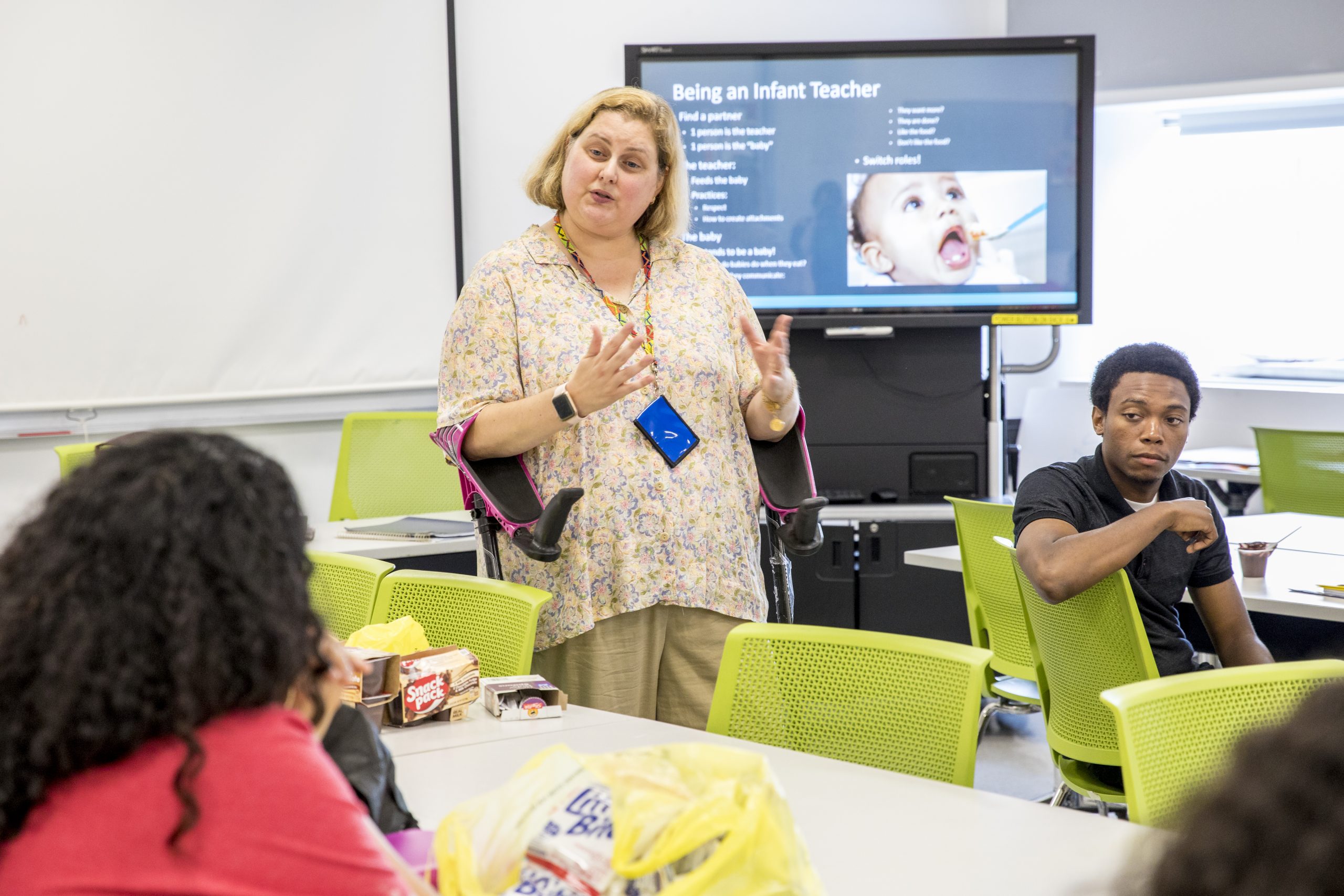For the last several years, I have been researching and writing the history of the 93-year-old Amalgamated Nursery School for my doctoral dissertation at the CUNY Graduate Center, Urban Education, Policy and Leadership. This story, which started in 1929 with the founding of what was originally a kindergarten in the Amalgamated Houses, has taken me on a journey rich with discovery and learning and made me aware of the need to write the history of individual schools. I’ve learned that we need to both do more research and tell more stories about our early childhood programs. Here are four reasons we need to research and write about our programs and the history of individual schools.
- Early Childhood programs are anchor institutions in their communities. They care for and educate young children but also provide jobs and career paths for community members. In doing so, they help stabilize their communities. Researching and writing histories of individual programs recognizes this and helps promote this idea to the wider community.
- Early Childhood programs hold the culture of communities within their programs. Most people send their children to their local early childhood programs because they live in the same communities as their programs. When parents have meaningful roles in the program, they help the programs reflect the culture of the community in which they reside. My research shows that it is the assistant teachers who most closely disseminate the culture of the school from generation to generation, in part, because they live in the community and so reflect the values of the community.
- Early Childhood programs reflect the history of their communities. In researching and writing their history, you will learn the history of the community in which the program resides. In my research, I learned about the history of the labor movement, the Jewish socialist and communist community in the Bronx, women and leadership in early childhood education and the often-untold history of the South Bronx in the 1960s and 1970s. These were all issues relevant to the school I researched.
- Early Childhood programs provide opportunities for families to reflect and create their own philosophy of education. High quality early childhood programs assist parents in deciding what kind of education they want for their children. At the Amalgamated, parents became so empowered by their roles in this parent cooperative nursery school that they went on to start several schools in the same progressive vein. The nursery school became a focal point of progressive education in the Bronx.
What roles are your early childhood program serving in your community? Researching the history of your program may help you understand the many different functions of your program. Below are some of my tips to early childhood educators and family members for getting started.
Researching the History of an Early Childhood Program
Where to begin: Although you will be writing the history of your individual program, you might want to start broadly by reading books about the history of early childhood education. Three great resources are Barbara Beatty’s Preschool Education in America (2013), Elizabeth Rose’s A Mother’s Job: The History of Day Care: 1890-1960 (1999) and her book The Promise of Preschool: From Head Start to Universal Pre-Kindergarten, 2012. Each book will help you understand how the program you are researching fits into the larger history of early childhood in the United States.
Collecting Information: After you gain some general knowledge about the history of early childhood education, start with a few questions/wonderings that you want to answer. I wondered how the community influenced the early childhood program and how the program impacted the community. My other question was related to how the school provided opportunities for women who worked or volunteered at the school. Don’t be worried about changing your questions as you go along; you will be learning so much about your school, your questions are bound to change at least a little. You might wonder, “How do I find out the answers to my questions?”
Finding Answers: Schools are wonderful historical research sites because they usually have at least some of their work documented. I found a trove of information in the Amalgamated Nursery School’s parent newsletters which dated from the 190s. Before that, I used the housing cooperative’s newsletters. These newsletters became my archival materials. Photographs can also be helpful in documenting the history of a school. First, I asked for and received permission from the director of the nursery school and then from the cooperative president to review and use the newsletters. You can either make copies of archival material you find from your program so you can work at home or take notes on your archival materials at the school. Be on the lookout for voices not frequently heard in historical documentation of schools.
Don’t forget local community newspaper archives that are likely to have articles about significant events from your program. Social media can also be a wonderful source; schools frequently post public events and happenings. These can be sources for photographs and important events.
Lastly, talk to current staff and families. Interviews will be an important source of information about the history of your school. Your last question in an interview should always be, “who else should I speak with?” Recording apps like Rev will help you create transcripts of your interviews. After you have completed your interviews, you might want to read them to look not only for answers to your questions, but to also look for patterns. Are there some things that you notice are recurring themes? If so, they may be worth further exploration.
Sharing the Information: Once you are finished with the research part of your project, consider how you might share what you have learned. Do you want to write your findings, use a PowerPoint presentation, or create a video? Who will your audience be and how will you best share your information about the program?
Make sure you find a way to distribute your information in a way that will be documented for the future. You might also consider how you are storing and archiving information about your program, teachers, and families now, as someday another person will be using your work to explore their own questions. Your own work and research today will become their sources in the future.
Most of all, enjoy the process of researching your early childhood program. It will be a service to the profession and add important data to what we know about early childhood education, its families, and teachers. Feel free to reach out if there is any way I can help you. Happy researching!
Kym Vanderbilt is a long-time early childhood educator and currently a program coordinator, lecturer and professional development liaison in the Early Childhood/Childhood Department at Lehman College in the Bronx. She is also a doctoral candidate at the Graduate Center in the Urban Education, Policy and Leadership program.



